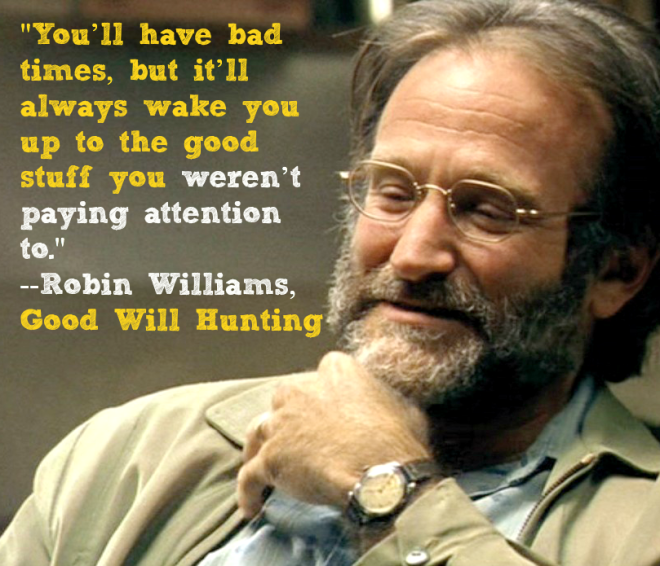I had the most amazing conversation during a recent visit to a dear friend who is in the hospital. She is very ill and her prognosis is worse. Fortunately, her pain medications are not affecting her coherency and ability to speak. The words she shared were profound. She knows what the future holds. Her wisdom and advice made think about things I never imagined. I now ask myself, “Why do we wait to think about these things?”
I’ll give you one example from our conversation. I told her I was preparing a speech and was concerned about saying the right things to connect with the audience. She asked, “What do you have so far?” I began to answer and she soon started shaking her head. She said, “No, no, no. Say little and connect eye-to-eye with just one person in the front row. The rest of the audience will then know your amazing heart. They will feel your love.” I was stunned in silence.
During the rest of our time together she shared wisdom about different aspects of life. I was in awe. It’s not that those things she shared were not always in her. It’s just that they came out now…and delivered in a way that really got my attention. Why do we wait to think about these things?
She has for years been a frequent participant on Facebook. To give you a glimpse of my dear friend, the following is a recent post of hers. Enjoy!
“Pushing a “like” button on Facebook means nothing.
Get off Facebook. Go into the world. Hug your mother. Buy food for a homeless person. Water a plant.
Open your heart. Go do a minimum of one good deed per day.
Your liking my pictures is bullshit.
Use your body mind and spirit to make your one little corner of the world better.
Speak truth to power.
Fight for the oppressed.
Teach people to read.
Give a hand up not a handout.
Stop being cowardly.
Either use your life for good or get the hell out of the way.
Your selfishness nauseates me.
Unfriend me if that’s who you are. I won’t miss you.
If you don’t use this amazing life to do the amazing good for which you were put on this planet, why are you here?
I know my answer.
Go figure yourself out what the truth is for you.
Restore your corner of the world.
I am going on strike until you figure it the fuck out.
And I’m not waiting around to make sure you do.
Thanks for the love.
See you next time.”
Thank you for the life lesson, Debbie. I love you!
P.S. If you want to know more about Debbie and her award-winning books (you should buy all of them!), check her out at www.sociosights.com and www.winegarten.com.













